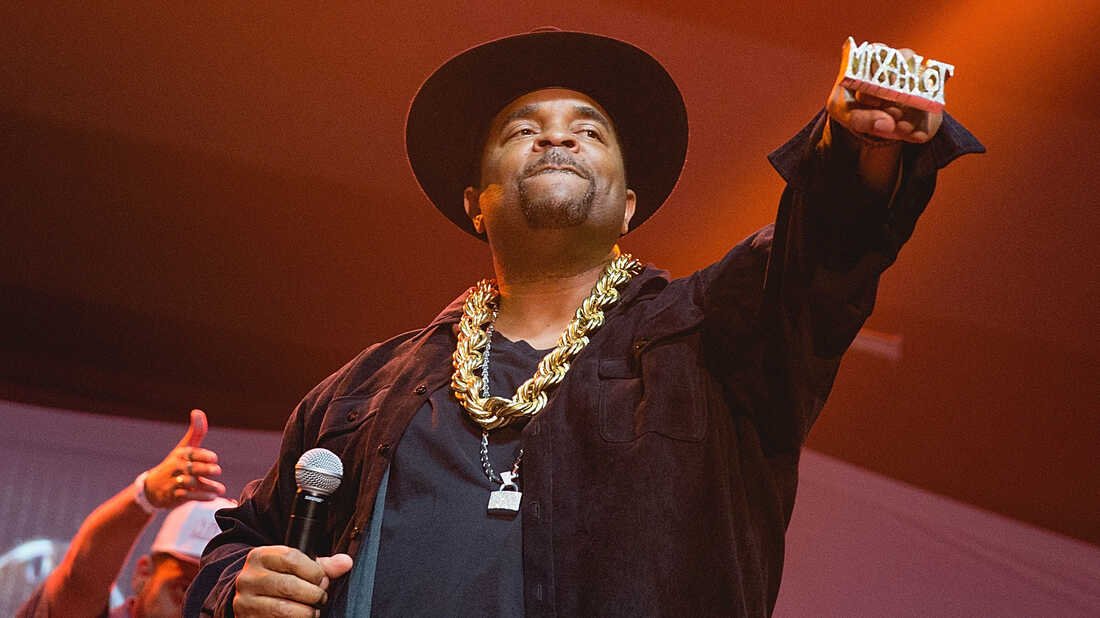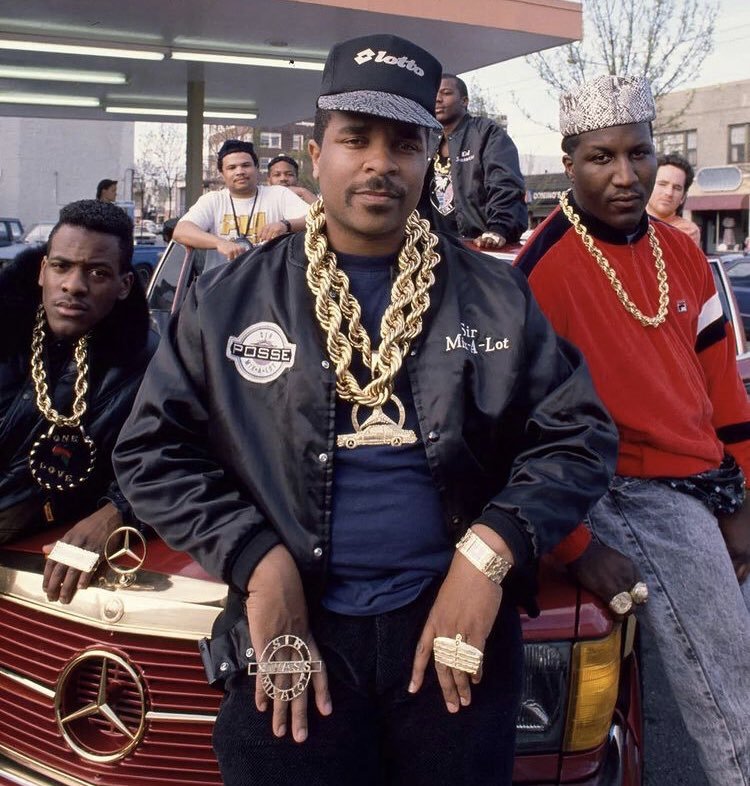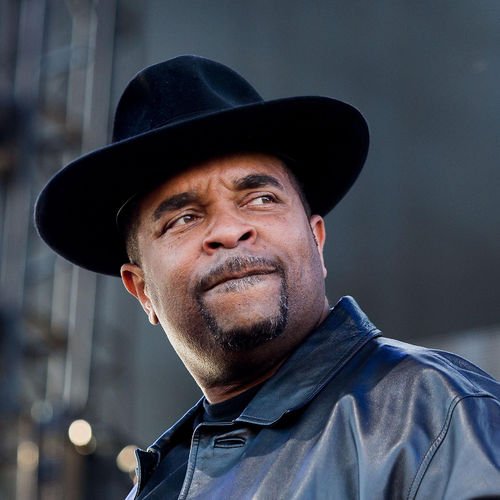
Sir Mix-a-Lot
‘Baby Got Back’
COMING soon
Inextricably linked with his pop culture touchstone "Baby Got Back," Sir Mix-A-Lot parlayed a gonzo tribute to women with large buttocks into hip-hop immortality. But even before he struck crossover gold, Sir Mix-A-Lot was one of rap's great D.I.Y. success stories.
Sir Mix-A-Lot was born Anthony Ray in Seattle on August 12, 1963. An eclectic music fan but a rabid hip-hop devotee, he was already actively rapping in the early '80s, and co-founded the Nastymix record label in 1983 with his DJ, Nasty Nes, who also hosted Seattle's first hip-hop radio show.
Coming from a city -- Seattle -- with barely any hip-hop scene to speak of, Mix-A-Lot co-founded his own record label, promoted his music himself, produced all his own tracks, and essentially pulled himself up by the proverbial American bootstraps.
His first single was 1987's "Posse on Broadway," which referred to a street in Seattle, not New York; it became a local hit, and paved the way for his first LP, 1988's Swass, which also featured the popular novelty "Square Dance Rap," and a Run-D.M.C.-style cover of Black Sabbath's "Iron Man," with backing by Seattle thrashers Metal Church. The video for "Posse on Broadway" landed some airplay on MTV, and became Sir Mix-A-Lot's first national chart single in late 1988; that in turn pushed Swass into the Top 20 of the R&B album chart, and by 1989, it had sold over a million copies.
Also in 1989, Mix-A-Lot released his follow up album Seminar, which produced three charting singles in "Beepers," "My Hooptie," and "I Got Game"; while none were significant crossover hits with pop or R&B audiences, all performed well on the rap singles chart, and helped Seminar become Mix-A-Lot's second straight platinum album.
Financial disputes with Nastymix resulted in a fierce court battle and ended Mix-A-Lot's association with the label. Fortunately, Def American head Rick Rubin stepped in to offer him a major-label contract. Mix-A-Lot had long had a knack for mimicking (and mocking) the pimps he'd watched while growing up in Seattle, and adopted their visual style with Rubin's encouragement. He debuted for Def American with 1992's Mack Daddy, whose first single, "One Time's Got No Case," was a critique of racial profiling by police. It went virtually unheard, but the follow-up, "Baby Got Back," became a pop phenomenon virtually from the moment MTV aired its provocative video (which was eventually consigned to evening-hours only).
Seldom does a comic novelty song spark such a fierce cultural debate: no matter how ridiculous it sounded, "Baby Got Back" touched on highly sensitive, hot-button issues of race and sex with a cheerful, good-natured crudeness that was guaranteed to offend more than a few. Was it a token of appreciation for women whose body types were rarely given positive cultural attention, or just another sexist objectification? Was it an indictment of narrow, white-dictated beauty standards that left many typical Black women (and the Black men who loved them) out in the cold, or did it simply build up one type of woman by denigrating another? Feminists picketed Sir Mix-A-Lot concerts all across the country that summer, but despite their efforts, record buyers sided with the rapper: "Baby Got Back" spent five weeks atop the pop charts, selling over two million copies; it also pushed Mack Daddy into the Top Ten, and went on to win a Grammy for Best Rap Solo Performance. Billboard magazine ranked it as the second biggest single of the year, behind only Boyz II Men's juggernaut "End of the Road."
Source: AllMusic.com
Management: Ricardo Frazer ricardo@zakirose.com 206-790-7227
Booking: Joe Kappelmann The Agency Coalition PH: 615-942-7039



